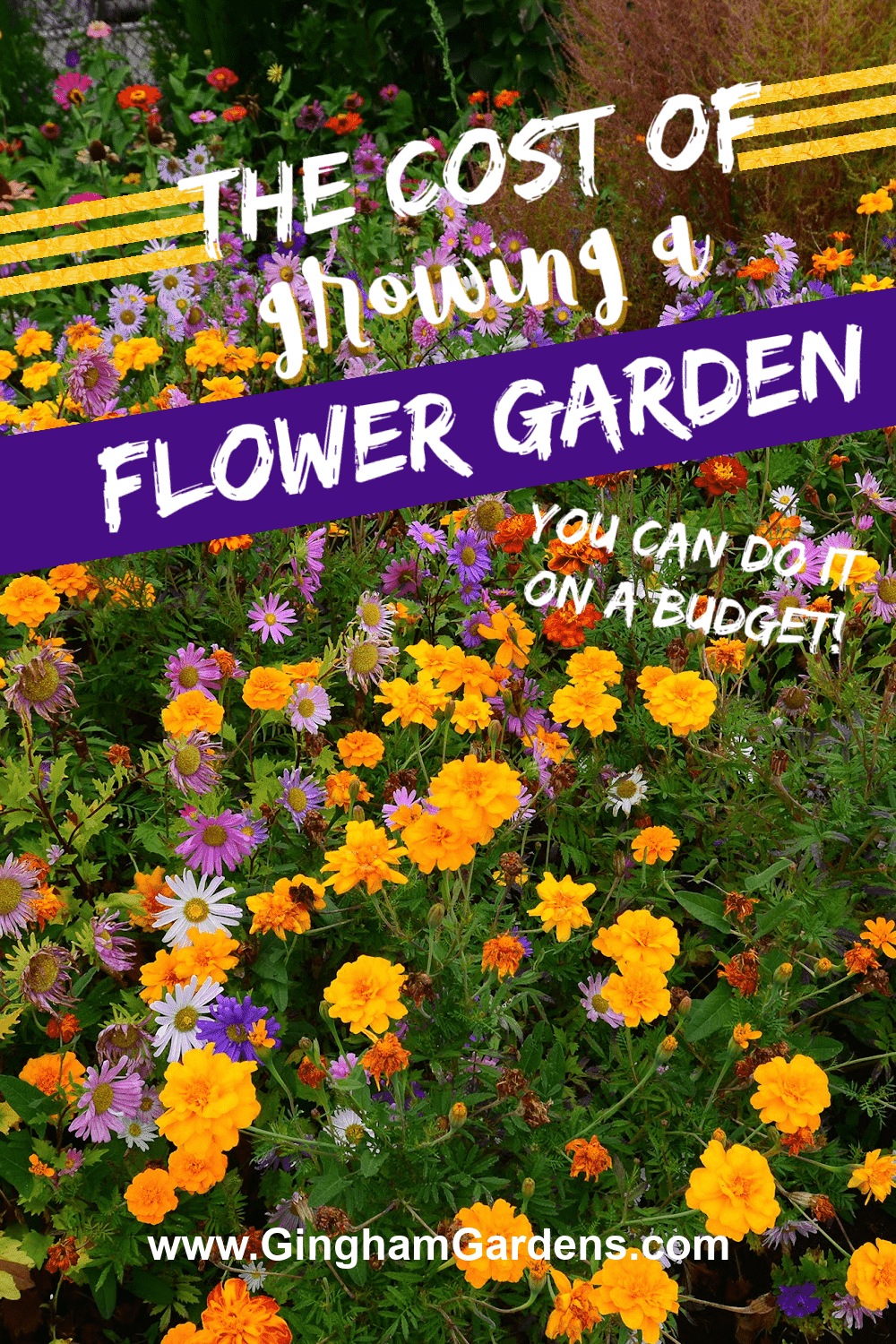Introduction
Creating a beautiful flower garden can transform any outdoor space, adding vibrant colors, pleasant scents, and a peaceful ambiance. However, understanding the flower garden cost is essential before starting your project. Costs can vary widely depending on factors like garden size, plant selection, soil preparation, and maintenance requirements. This article explores the various components that influence flower garden expenses, helping you budget wisely and achieve a stunning garden without overspending.
What Factors Influence Flower Garden Cost?
Garden Size and Layout
The size of your flower garden plays a significant role in overall costs. Larger gardens require more plants, soil amendments, and materials. Additionally, complex layouts with winding paths, raised beds, or water features increase labor and material expenses.
Plant Selection
Choosing the right plants impacts both initial costs and ongoing maintenance:
- Annuals are budget-friendly but need yearly replanting.
- Perennials cost more upfront but return year after year.
- Exotic or rare flowers can significantly increase costs due to their scarcity and care needs.
Soil Preparation and Amendments
Healthy soil ensures plant vitality but may require investment:
- Testing soil pH and nutrient levels typically costs $10-$30.
- Adding compost, fertilizers, or soil conditioners can range from $50 to several hundred dollars depending on garden size.
Hardscaping and Garden Features
Paths, edging, benches, trellises, and irrigation systems add to the budget. For example, installing a drip irrigation system may cost between $500 and $2,000 but saves water and time long-term.
Average Costs Breakdown for Flower Gardens
| Cost Component | Typical Price Range |
|————————–|——————————-|
| Plants | $2 – $15 per plant |
| Soil amendments | $50 – $300 |
| Mulch and ground cover | $30 – $150 |
| Irrigation system | $500 – $2,000 |
| Labor (if hired) | $30 – $60 per hour |
| Hardscaping features | $200 – $3,000+ |
These estimates vary by region and project complexity but provide a solid starting point.
Expert Tips to Manage Flower Garden Costs
Plan Before You Plant
Take time to design your garden on paper or using digital tools. Planning reduces costly mistakes and helps prioritize spending on essential elements.
Start Small and Expand
Begin with a manageable garden area. You can gradually add more plants and features as your budget permits.
Use Native and Perennial Plants
Native plants adapt well to local climates, reducing water and fertilizer needs. Perennials eliminate the expense of replanting annually.
DIY Where Possible
Labor is a major expense. Handling planting, soil prep, and simple hardscaping yourself can save thousands.
Source Plants Wisely
Look for sales, plant swaps, or propagate existing plants to reduce costs without sacrificing variety.
Maintenance Costs and Considerations
Flower garden cost doesn’t end with installation. Maintenance includes watering, fertilizing, pruning, pest control, and replacing plants. Budgeting approximately 10-20% of your initial investment annually for upkeep ensures your garden stays healthy and beautiful.
Conclusion
Understanding the flower garden cost involves considering multiple factors from garden size and plant types to soil preparation and maintenance. By planning carefully, choosing cost-effective plants, and incorporating DIY strategies, you can create a vibrant flower garden that fits your budget. Remember, investing in quality soil and plants upfront reduces long-term expenses and guarantees a flourishing garden year after year. Start small, plan smart, and enjoy the rewarding experience of nurturing your dream flower garden.
